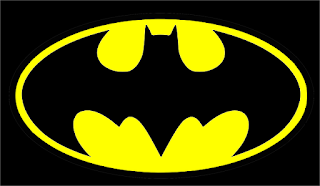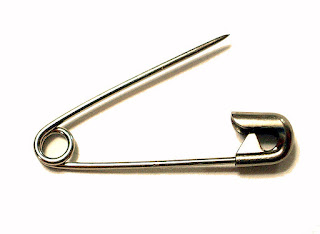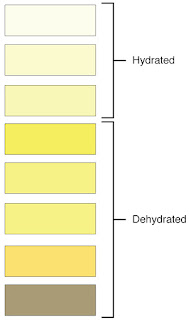Batman is a fictional character, a superhero created by artist Bob Kane and writer Bill Finger and published by DC Comics. Pin is a variation of a needle equipped with a simple spring mechanism and hook. Urine is excreted by the liquid remaining kidney will then be removed from the body through urination. Who will win?
 |
| Batman |
He witnessed the murder of her parents as a child and moved to fight crime with various weapons of his own. Batman operates in Gotham City, assisted by Alfred Pennyworth (butler) and his partner Robin. Unlike most superheroes, he does not have super powers, he only uses intelligence, detective skills, science and technology, wealth, physical dexterity, and intimidation in the fight against crime.
Batman became famous characters quickly after being introduced in Detective Comics for the first time, and was finally released with the title Batman comics. After a decade of use that title, character differences have emerged. In the late 1960s, the Batman character in the television series was changed to a more aesthetic over the years until the story is over.
Many creators returns to the Batman character the story was originally gloomy and dark. In 1986, The Dark Knight Returns comic written by the artist Frank Miller, and the success of the Batman movie directed by Tim Burton helped turn kelamnya this Batman character. As a symbol of culture, Batman has been adapted into various media such as radio, television series, movies, video games, and a wide variety of merchandise that is sold worldwide.
 |
| Pin |
Pin comes from the ancient Mycenaeans since the 14th century BC (late Mycenaean era III). Known as fibulae (fibula) and used for the same functions as the modern safety pin. In fact, the first fibulae in the 14th century and 13 BC shaped like a pin. The original fibulae described in a book by Chr. Blinkenberg's 1926 Fibules grecques et orientales.
Pin created back in July 1849 by Walter Hunt, an American inventor. Copyright pin has been sold for $ 400. According to Dick Hebdige, since the mid-1970s in the United Kingdom, punk sub-culture has included safety pins in their punk style to show the young people of the working class after the war. The performance style is taken from Richard Hell ever seen by the punk punk magazines and other places. According to several documentaries and Malcolm McLaren, who stated that this style is based on the impressions of Richard Hell was arrested in New York when he was managing the New York Dolls.
 |
| Urine |
Urine consists of water with dissolved material in the form of metabolic wastes (such as urea), dissolved salts, and organic material. Fluid and urine-forming material derived from blood or interstitial fluid. Urine composition changes throughout the process of reabsorption when the molecules are important for the body, such as glucose, are absorbed back into the body via a carrier molecule. The remaining liquid containing high levels of urea and various compounds excess or potential toxins that will be discharged out of the body. The material contained in the urine can be detected through urinalysis. Urea contained in the urine can be a good source of nitrogen for plants and can be used to accelerate composting. Diabetes is a disease that can be detected in urine. A diabetic urine will contain sugar that will not be found in the urine of healthy people.
The main function of urine is to get rid of waste products such as toxins or drugs from the body.
Urine may be indicative of dehydration. People who do not suffer from dehydration will issue urine is clear like water. Patients with dehydration will issue urine dark yellow or brown.
